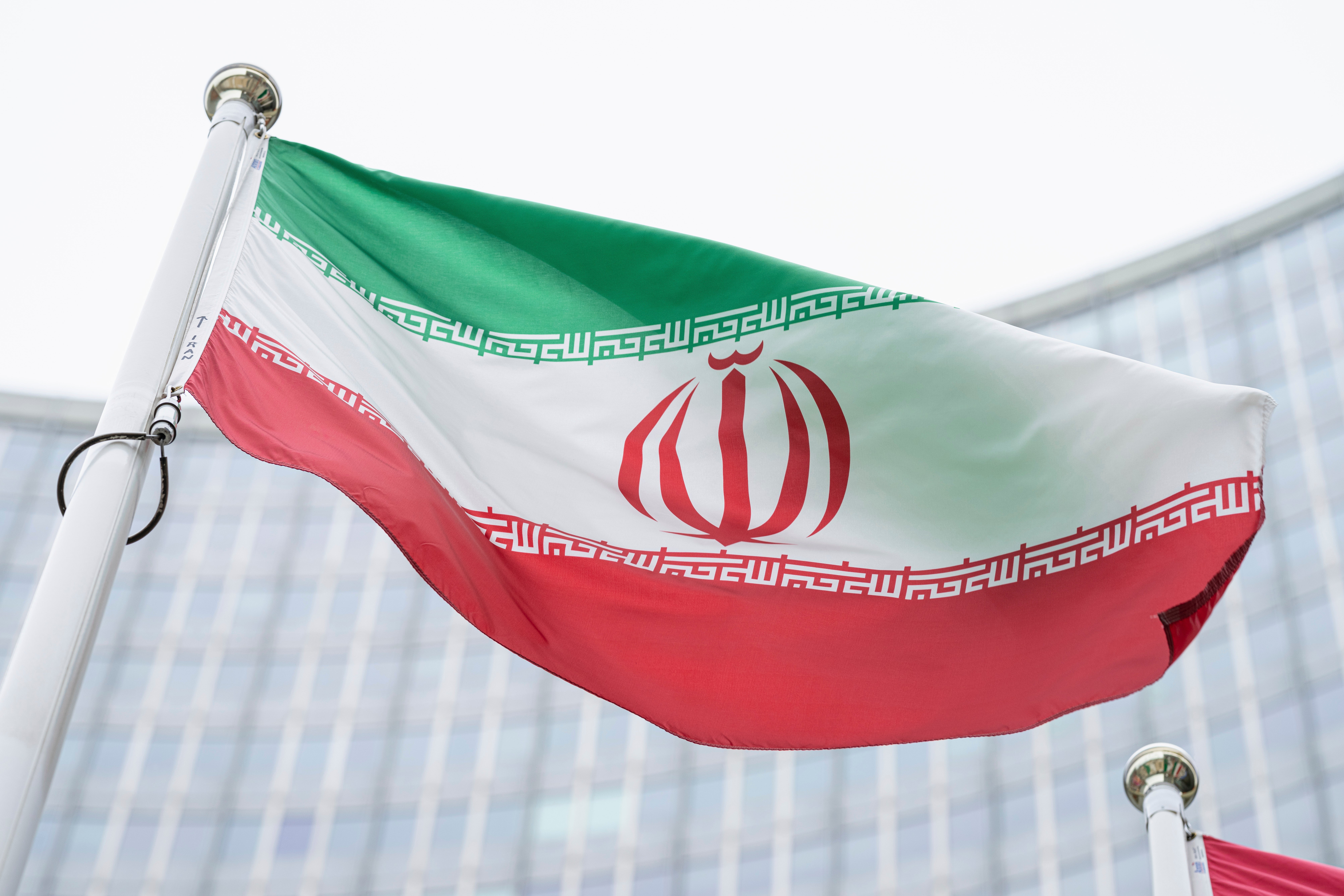UN watchdog: Access to key Iranian data lacking since Feb 23
The United Nations’ atomic watchdog says it hasn't been able to access data important to monitoring Iran’s nuclear program since late February when the Islamic Republic started restricting international inspections of its facilities

Your support helps us to tell the story
From reproductive rights to climate change to Big Tech, The Independent is on the ground when the story is developing. Whether it's investigating the financials of Elon Musk's pro-Trump PAC or producing our latest documentary, 'The A Word', which shines a light on the American women fighting for reproductive rights, we know how important it is to parse out the facts from the messaging.
At such a critical moment in US history, we need reporters on the ground. Your donation allows us to keep sending journalists to speak to both sides of the story.
The Independent is trusted by Americans across the entire political spectrum. And unlike many other quality news outlets, we choose not to lock Americans out of our reporting and analysis with paywalls. We believe quality journalism should be available to everyone, paid for by those who can afford it.
Your support makes all the difference.The United Nations' atomic watchdog hasn't been able to access data important to monitoring Iran's nuclear program since late February when the Islamic Republic started restricting international inspections of its facilities, the agency said Monday.
The International Atomic Energy Agency reported in a confidential document distributed to member countries and seen by The Associated Press that it has "not had access to the data from its online enrichment monitors and electronic seals, or had access to the measurement recordings registered by its installed measurement devices” since Feb. 23.
While the IAEA and Iran earlier acknowledged the restrictions limited access to surveillance cameras at Iranian facilities, Monday’s report indicated they went much further. The IAEA acknowledged it could only provide an estimate of Iran’s overall nuclear stockpile as it continues to enrich uranium at its highest level ever.
Iran started limiting inspections in a bid to put pressure on the government of U.S. President Joe Biden to lift crippling sanctions reimposed after then President Donald Trump pulled out of the 2015 nuclear deal with Iran unilaterally in 2018.
Under the deal, the IAEA placed around 2,000 tamper-proof seals on nuclear material and equipment. Those seals communicated electronically to inspectors. Automated measuring devices also provided real-time data from the program.
Talks are currently underway in Vienna for the U.S. to rejoin the deal, known as the Joint Comprehensive Plan of Action, or JCPOA.
Since the U.S. withdrawal from the agreement, Iran has been steadily violating its various restrictions, including on the types of centrifuges it's allowed to use, the amount of enriched uranium it is allowed to stockpile, and the purity to which it is allowed to enrich.
In the IAEA report, the agency for the first time released estimates of Iran's stockpile rather than precise figures, saying that as of May 22, Iran's total stockpile was 3,241 kilograms (7,145 pounds), up about 273 kilograms (600 pounds) from the last quarterly report.
That was down from an increase of nearly 525 kilograms (1,157 pounds) reported in the last quarterly report.
Though it wasn't immediately clear what led to the decrease, it comes as an explosion in April at its underground Natanz nuclear facility affected centrifuges there. Iran has yet to offer a full accounting of what happened in an attack it described as “nuclear terrorism.” Israel, which is widely suspected of carrying out the assault, hasn't commented publicly on it.
The nuclear deal signed in 2015 with the United States, Germany, France, Britain, China and Russia only permits Iran only to keep a total stockpile of 202.8 kilograms (447 pounds) of enriched uranium.
The agency said the current stockpile includes 62.8 kilograms (138.5 pounds) of uranium enriched to 20% purity, and 2.4 kilograms enriched to 60% purity — well above the 3.67% purity allowed under the JCPOA.
Despite Iran’s violations of the deal, the other nations involved have stressed that the agreement was still important as it allowed international inspectors to continue their surveillance of Iran’s nuclear facilities.
Under a confidential agreement called an “Additional Protocol” with Iran, the IAEA collects and analyzes images from a series of surveillance cameras installed at Iranian nuclear sites. Those cameras helped it monitor Tehran’s program to see if it is complying with the nuclear deal.
Iran’s hard-line parliament in December approved a bill that would suspend part of U.N. inspections of its nuclear facilities if European signatories didn’t provide relief from oil and banking sanctions by February.
IAEA Director-General Rafael Grossi was able to negotiate a last-minute deal in February, however, under which promised the IAEA it would hold onto footage shot by its surveillance cameras and would hand them over if diplomats reached a deal in Vienna to lift the sanctions it faces. Otherwise, Tehran said it would delete the images.
That deal has yet to come, but Grossi was able to negotiate a one-month extension last week.
That means his agency still can't access the images taken by the cameras for the time being, but could regain access to the material if a deal is reached — a situation Grossi called an emergency measure that was “not ideal."
The last-minute discussions further underscored the narrowing window for the U.S. and others to reach terms with Iran as it presses a tough stance with the international community over its atomic program.
The negotiations and tensions over the program come as Iran faces an upcoming June 18 presidential election to select the replacement for the relative moderate Hassan Rouhani whose administration reach the 2015 nuclear deal. Analysts believe hard-liners have an edge going into the vote.
___
David Rising reported from Berlin. Kirsten Grieshaber in Berlin, and Jon Gambrell in Dubai, United Arab Emirates, contributed to this report.